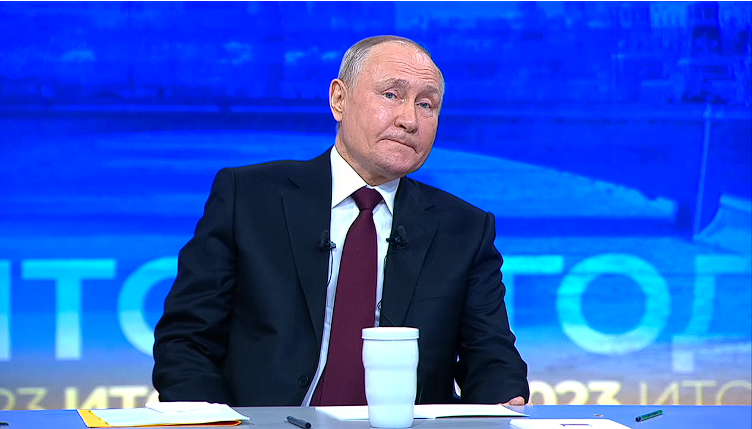Experts suggest Russia’s robust exterior masks a reality of potential internal collapse.
Others are reading now
At first glance, Russia appears to be holding its own, with reported successes on the battlefield and steady economic indicators.
However, a closer look by experts paints a starkly different picture of a country potentially teetering on the edge of collapse.
The Illusion of Stability
“The structure may look solid, but if the foundation is rotten, things can unravel very quickly. It’s not unthinkable that everything could fall apart,” warns retired Lieutenant General Ben Hodges, former commander of the U.S. Army in Europe.
His concern is echoed in discussions about Russia’s economic façade, which some experts argue is merely a veneer masking deeper issues.
Also read
A Misleading Economic Prosperity
Aage Borchgrevink, a senior advisor at the Norwegian Helsinki Committee, casts doubt on Russia’s presented economic strength.
He points out that despite the narrative of a robust economy, Russia operates in a war economy mode.
“Russia spends 7.1% of its GDP and about 30% of its state budget on defense,” reports the Norwegian financial news outlet Børsen.
This heavy military spending does not translate to sustainable growth, according to Borchgrevink.
“What we see is a kind of artificial growth driven by military spending, common in conflict zones, which does not offer long-term stability.”
Societal Strains Under Military Load
The substantial allocation of resources to defense is not without its consequences for civil life in Russia.
Infrastructure suffers, and a significant workforce shortage looms as older generations retire and fewer young people, born in the economically turbulent 1990s, enter the job market.
“They are using every means to win the war, which will have repercussions for ordinary people in the country,” Borchgrevink adds, suggesting that these pressures could lead to internal collapse.


